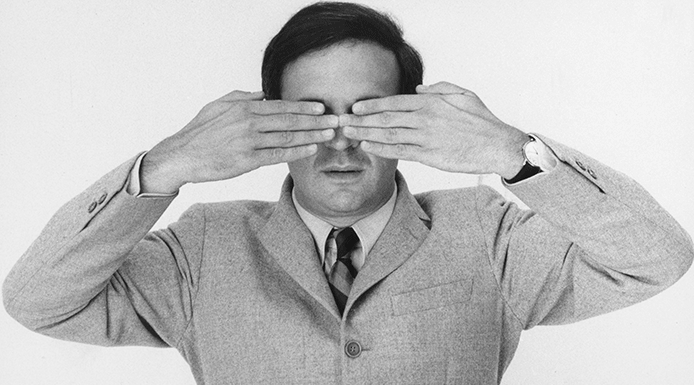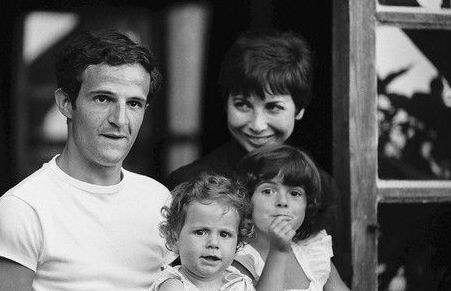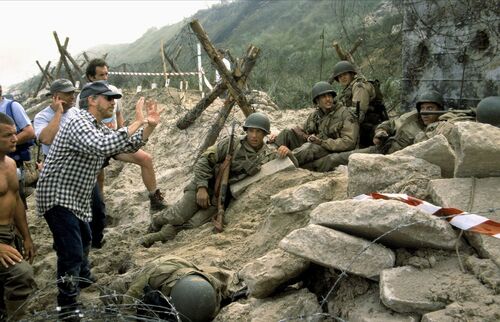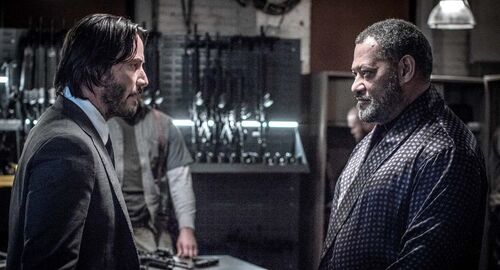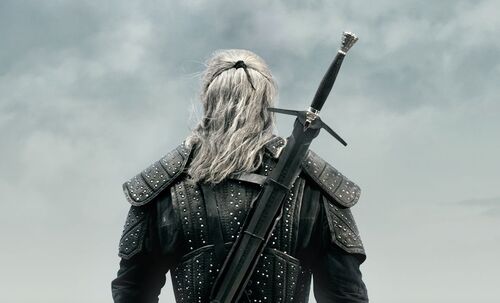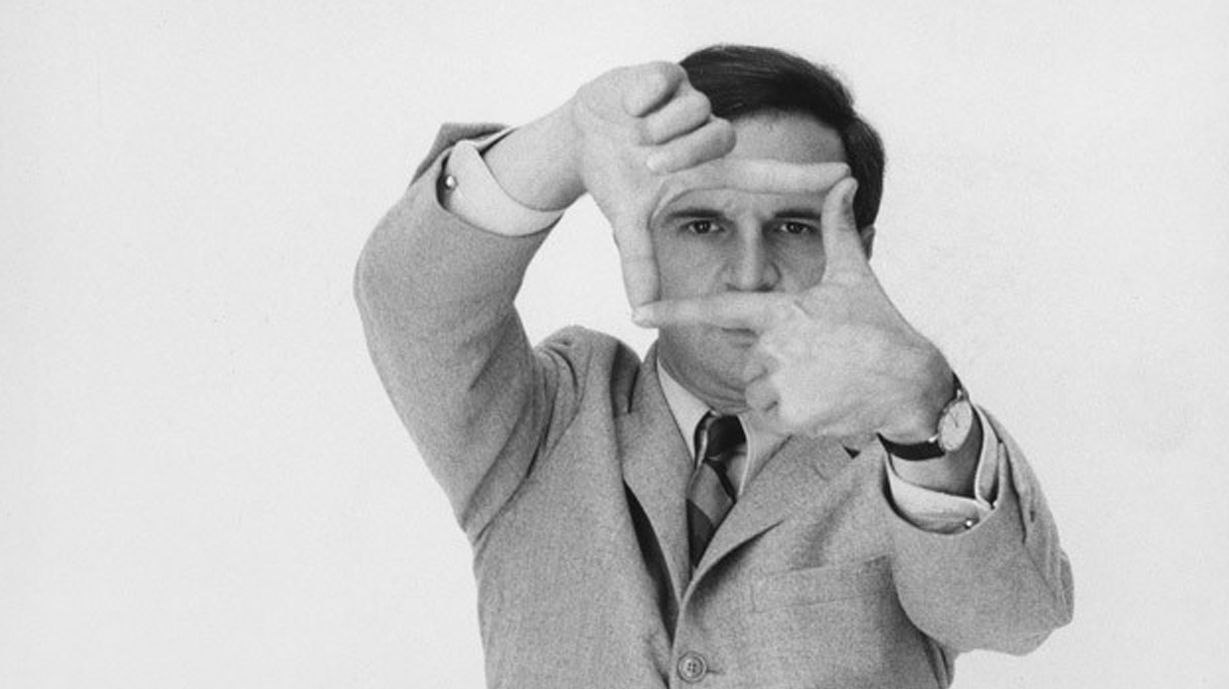
Truffautbruary: A Month Dedicated To François Truffaut
 Ashley Harris pays tribute to the godfather of French New Wave, François Truffaut.
Ashley Harris pays tribute to the godfather of French New Wave, François Truffaut.
On this glorious last day of February, we bid adieu to "Truffautbruary" - a month dedicated to celebrating one of the most influential filmmakers of the 20th century, François Truffaut.
Ashley Harris, Cultjer's resident senior retrospective contributor and president of the #TruffautIsLife chapter, wrote over 20,000 words through EIGHT heartfelt essays paying homage to Truffaut and his revolutionary filmography. Words alone cannot express our gratitude for Ashley's carefully crafted work here. For those who are with me, please be sure to leave a comment and/or follow Ashley on Twitter: @oOoOoBarracuda!
In his famous 1954 essay “A Certain Tendency in French Cinema,” a then 22 year old François Truffaut proposed the revolutionary notion that the director is the true author of a given film; Here we are, 64 years later and 34 years since his untimely passing, it's safe to say Truffaut's legacy is forever etched into cinema's past, present, and future.
François Truffaut would have turned 86 this year.
Jules and Jim (1962)
"To be able to show every unlikeable aspect of a human being, yet, still endear that person in the hearts of the audience was a skill no one in the history of cinema has been more proficient at than Francois Truffaut." ⎮ Full retrospective
The 400 Blows (1959)
"Watching The 400 Blows felt like a religious sacrament, I gave it so much reverence and delivered like the best of my birthdays. I often say that Truffaut taught me how to feel, and what I mean by that is that his exploration of human emotion through film and his unwavering commitment to showcasing the feelings just beneath the surface made me realize a whole new depth to film." ⎮ Full retrospective
Stolen Kisses (1968)
"Just as Truffaut struggled to shake his own regretful childhood and to develop the strength to give himself in friendships, love, and cinema, we see Antoine attempt to withstand his upbringing by learning how to develop relationships and navigate the working world, a struggle not unknown to any of us." ⎮ Full retrospective
Bed and Board (1970)
"As Truffaut aptly illustrated; life is messy. Love doesn't conquer all, no matter how happy it would make us to believe, and sometimes it's best to remove ourselves from people that we love. Occasionally, as the saying goes, it's those that love us that hurt us the most." ⎮ Full retrospective
Love on the Run (1979)
"Many have criticized Love on the Run due to its reliance on flashbacks, but I can't imagine a better way to understand Antoine's growth and development as a person. Seeing the scenes from his troubled relationship with love and his searching for a family and acceptance allows the audience to best understand Antoine as a person. I suppose ones ultimate opinion on Love on the Run will likely depend on how you feel about the number of flashbacks used in the film, for me, they work perfectly and Truffaut works them in perfectly." ⎮ Full retrospective
Day for Night (1973)
"Any serious fan of cinema will be absorbed by Francois Truffaut's Day for Night from the very beginning of the film, as it captures the vibrancy of a film set that many of us will never experience first-hand. There is an air to the film, part of which I cannot describe that instantly communicates that you are watching a love story, though it is not a love story between two people, but rather, between a man and the cinema." ⎮ Full retrospective
The Last Metro (1980)
"Quentin Tarantino has listed Francois Truffaut among his favorite filmmakers and greatest inspirations. It is easy to see Truffaut's influence in Tarantino's films. Tarantino claims he never saw Truffaut's The Bride Wore Black, yet it shares many similarities with his film, Kill Bill. I had never put together before my most recent rewatch of The Last Metro just how much it shares in common with Tarantino's Inglourious Basterds. I've seen Inglourious Basterdsan embarrassing amount of times, but I had not revisited The Last Metro in between those record viewings, and when I did, I was a bit taken aback with their similarities." ⎮ Full retrospective
Shoot the Piano Player (1960)
"Shoot the Piano Player exposes various aspects of Truffaut's own identity; the film is fun and energetic, mysterious, and most importantly richly humanist making clear the fact that Francois Truffaut made this film for no one other than himself, the audience is just lucky enough to be able to experience it, too." ⎮ Full retrospective
